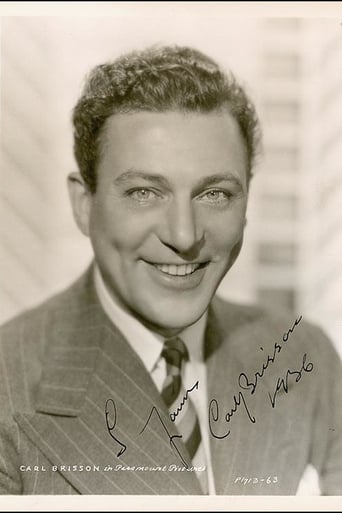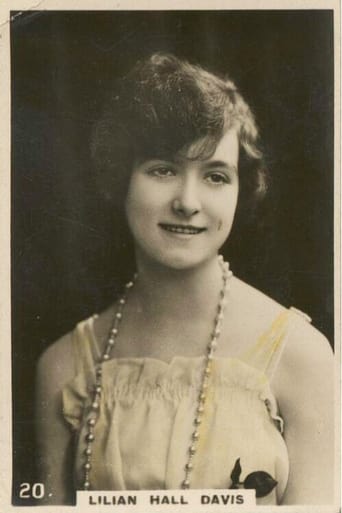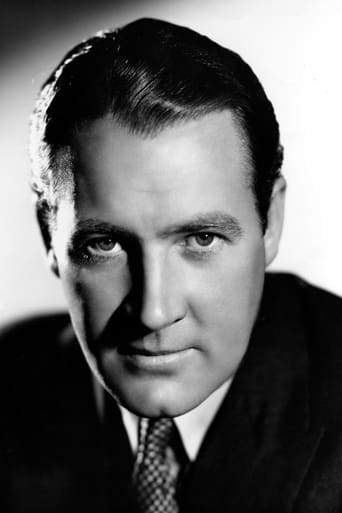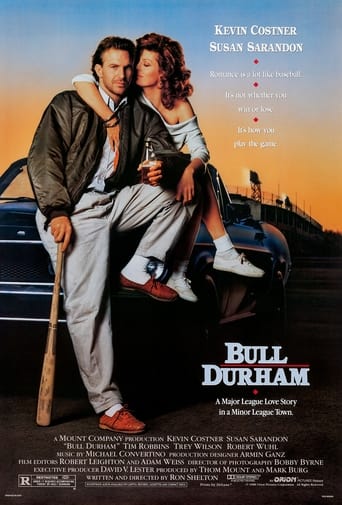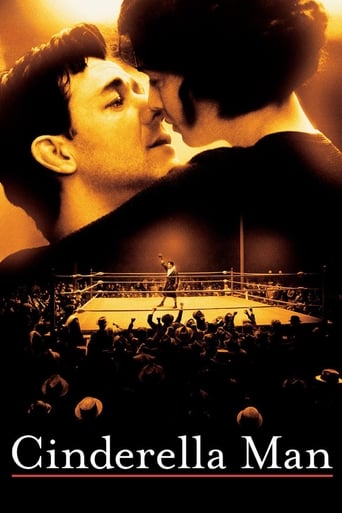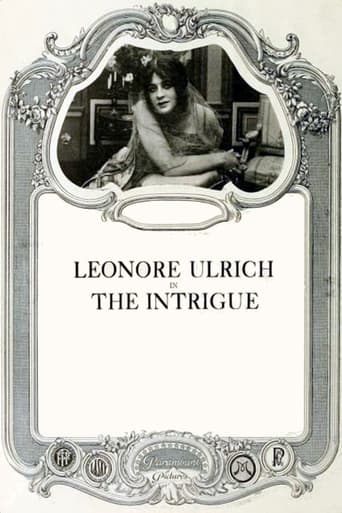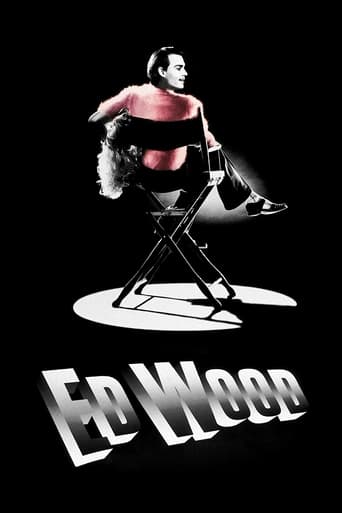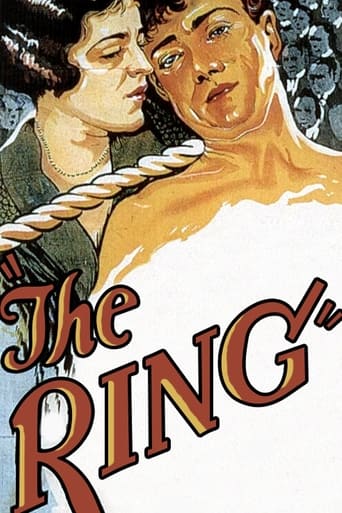
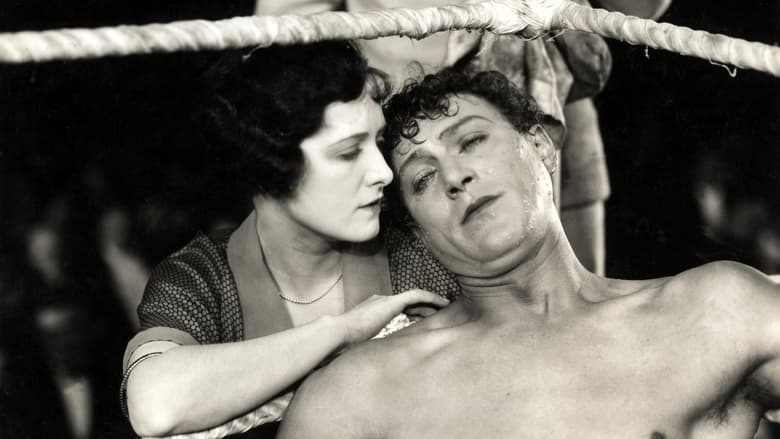
The Ring (1927)
Both Jack Sander and Bob Corby are boxers in love with Mabel. Jack and Mabel wed, but their marriage is flat. The young wife looks to Bob for comfort.
Watch Trailer
Cast


Similar titles
Reviews
A British International Picture, released in the U.K. through Wardour Films. Not copyrighted in the U.S.A., the film opened in New York on 24 December 1927. London trade show: October 1927. 112 minutes at correct speed. (Available on a 10/10 LaserLight DVD).SYNOPSIS: Two professional boxers are in love with the same girl.NOTES: "You might say that The Lodger was the first true Hitchcock movie. Well, The Ring was the second. No crime ingredients, but a really interesting movie. There were all sorts of innovations in it. The critics loved it, but it was not a commercial hit." — Alfred Hitchcock.COMMENT: Dullsville. Admittedly, the climactic fight has a bit of zing, but it is way outclassed by dozens of fight films made subsequently, even though the principals do most of their own slugging. And such principals! Ian Hunter (who made a career of playing the good- mannered but dullsville "other suitor") is as ho- hum as ever, but Carl Brisson is likewise a bore. Gordon Harker, even at this early stage of his career, can't resist hamming up his role, while the support characters come across as little more than woeful caricatures.True, the girl, the lovely Lillian Hall-Davis, makes a strong impression. And yes, there are some pleasing Hitchcockian touches but not enough to justify sitting through this film. Despite Miss Hall-Davis's pleasing performance and a fair-sized budget which allows Jack Cox some typically atmospheric cinematography, watching The Ring is something of a chore.
Written and directed by Alfred Hitchcock (and adapted by his wife Alma Reville, uncredited), this silent boxing drama features a love triangle between two fighters, 'One-Round' Jack (Carl Brisson) and Australian champion Bob Corby (Ian Hunter, his fourth film), and Mabel (Lillian Hall Davis).Jack (Brisson) is a carnival fighter who takes all comers, so says the barker (Harry Terry), who promises if you can beat 'One-Round' Jack, you'll win a prize. Though he means money, Bob Corby (Hunter) is interested in the ticket seller Mabel (Hall-Davis), who just so happens to be Jack's fiancée. Corby, who's with his promoter James Ware (Forrester Harvey), is the Australian boxing champion, though he doesn't let this be known when he accepts the barker's offer.Naturally, Corby wins the bout with Jack in Round 4, upsetting Jack's trainer (Gordon Harker). However, after the fight, Ware offers Jack the opportunity to be Corby's training partner, which Jack and his trainer readily accept. Meanwhile, unbeknownst to Jack, his fiancée Mabel has been kissing Corby. But, after Jack wins a tuneup fight to earn the right to be Corby's training partner, he and Mabel are married. The charming playboy Corby, who's in attendance, doesn't seem to mind.Their marriage is a sham, though, with Mabel spending all her time in the company of the champ Corby. After preventing a scene, a premature fight, in a restaurant between his two fighters, Ware promises Jack the opportunity to fight for his wife, provided he can climb the rankings and earn a title fight with Corby.So, in typical boxing film fashion, Jack's name moves up the boxing card until he finally wins the bout which secures his shot at Corby. When he returns home to celebrate with his old friends, including the barker and his trainer, Jack is surprised (for some reason) that Mabel isn't there to congratulate him. Eventually, while they all wait for her return, Jack's friends leave. When Mabel finally does return, the couple finally has a falling out, with Mabel leaving Jack to stay with friends.The bout between Jack and Corby dominates the film's final scenes. Naturally, Mabel is there to watch. The fight goes several rounds and it appears as if Jack is down and out. However, Mabel rushes to his corner between rounds and tells her husband that she's on his side. This, of course, inspires Jack to beat Corby and win the fight. After the bout is over though, Mabel and Corby exchange a knowing wink.There are some scenes which would be deemed racist today: the ridiculing of a black man at the carnival's dunking booth and even the use of the n-word on one placard. The film's title is a 'triple' entendre, referring to the boxing ring, the wedding ring, and a golden bracelet given by Corby to Mabel.
Alfred Hitchcock's only screen writing credit follows the story of two aspiring boxers as they slowly work their way to the top of their game. 'One-Round' Jack (Carl Brisson) works in a carnival show, using the gimmick of being able to knock any challengers out in one round to draw the crowds. When onlooker Bob Corby is reluctantly talked into going a round with Jack, he knocks him out, much to Jack's dismay and surprise. Caught between the two fighters is Jack's girlfriend Mabel (Lilian Hall Davis) who takes a liking to Bob, especially as he begins his rise up the boxing ranks. As Jack's frustration and jealousy grows, so does his success. As the two fight their way to the top, the likelihood of a climatic bout between the two protagonists increases with every fight. Ultimately it becomes a mental and physical battle for the love of Mabel.The meaning of the title is multi-layered - of course referring the boxing ring, but also the arm bracelet that Mabel receives from Bob that comes to represent the everlasting loop that the three lead characters are caught up in. Although relatively little-seen compared to some of the popular boxing movies, Hitchcock's silent has undoubtedly had a great impact of the sport genre, especially on Scorsese's Raging Bull. Hitchcock was fascinated with boxing - the idea of a physical and mental duel between two gladiators, and also with the dirty feel of the arena. Halls would be filled by both smartly-dressed socialites, and the working-class looking for a bit of escapism. The place would be filled with cigarette smoke, sweat and dirt trampled in by the masses. Although this doesn't quite have the cinematic flair of Scorsese's masterpiece, the photography is clearly comparable, and is extremely impressive given its era. This is Hitchcock's early experiment, where he would develop techniques he would come to perfect in his long-list of truly great films. A fascinating film from the man that would become one of the giants of cinema.www.the-wrath-of-blog.blogspot.com
"The Ring" is a surprisingly torpid little film which I thought was not one of The Master's better efforts. Yes, yes, I know, there were some of his signature cinematic compositions and visual touches, but the play's the thing, right? This was pretty ordinary subject matter for someone with Hitch's reputation - love triangle, jealousy, revenge, etc. There were no surprises, no maguffins, no suspense, just plodding drama.Maybe the best part of this film is the casting. I enjoyed watching Carl Brisson very much as the cuckolded husband, "One-Round Jack" and the always affable Ian Hunter - even when playing a cad, although he is slightly paunchy for a heavyweight champ. Hitch also got a lot of mileage from the entertaining Gordon Harker as Jack's second.But I disagree with some reviewers that this was one of Hitchcock's better silents. "The Manxman" is a far superior film, and also stars Brisson as a cuckolded husband. That was a story you could get your teeth into; not so with "The Ring", which was pure pablum.


